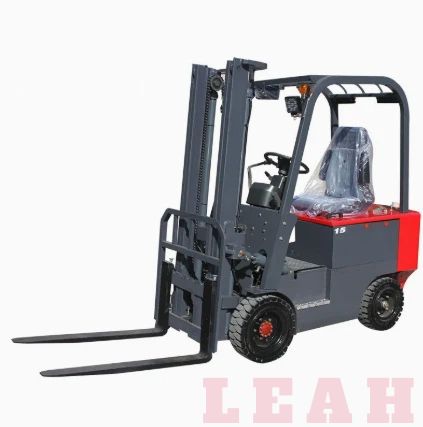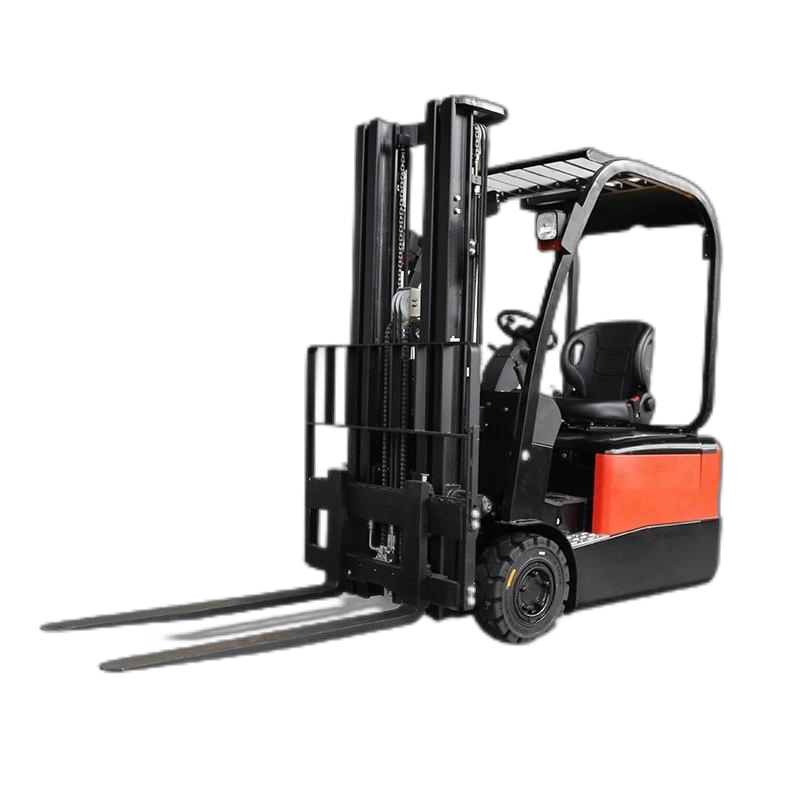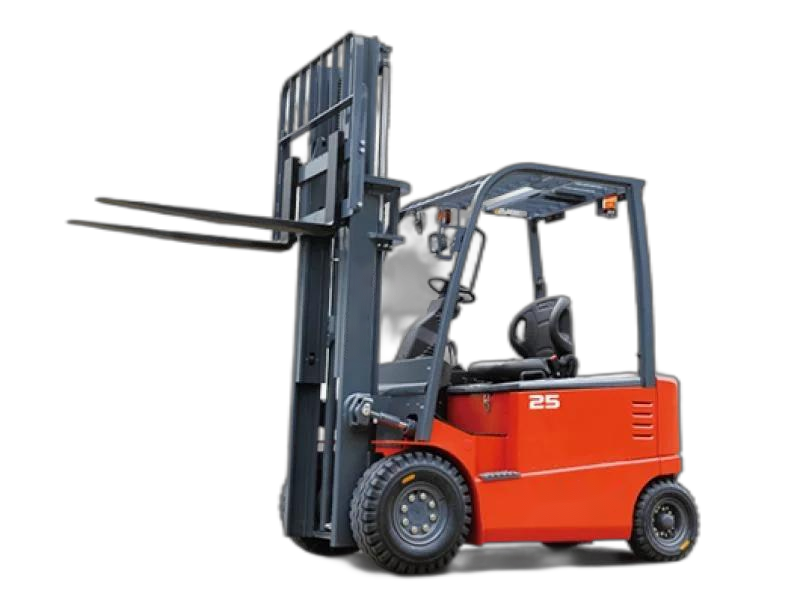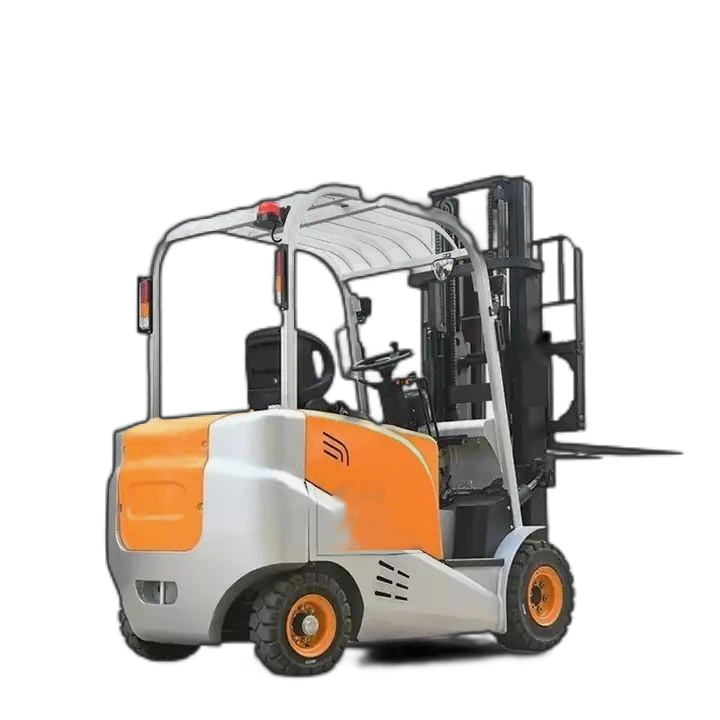When purchasing a 6-ton excavator, multiple aspects need to be considered. The following are some suggestions:
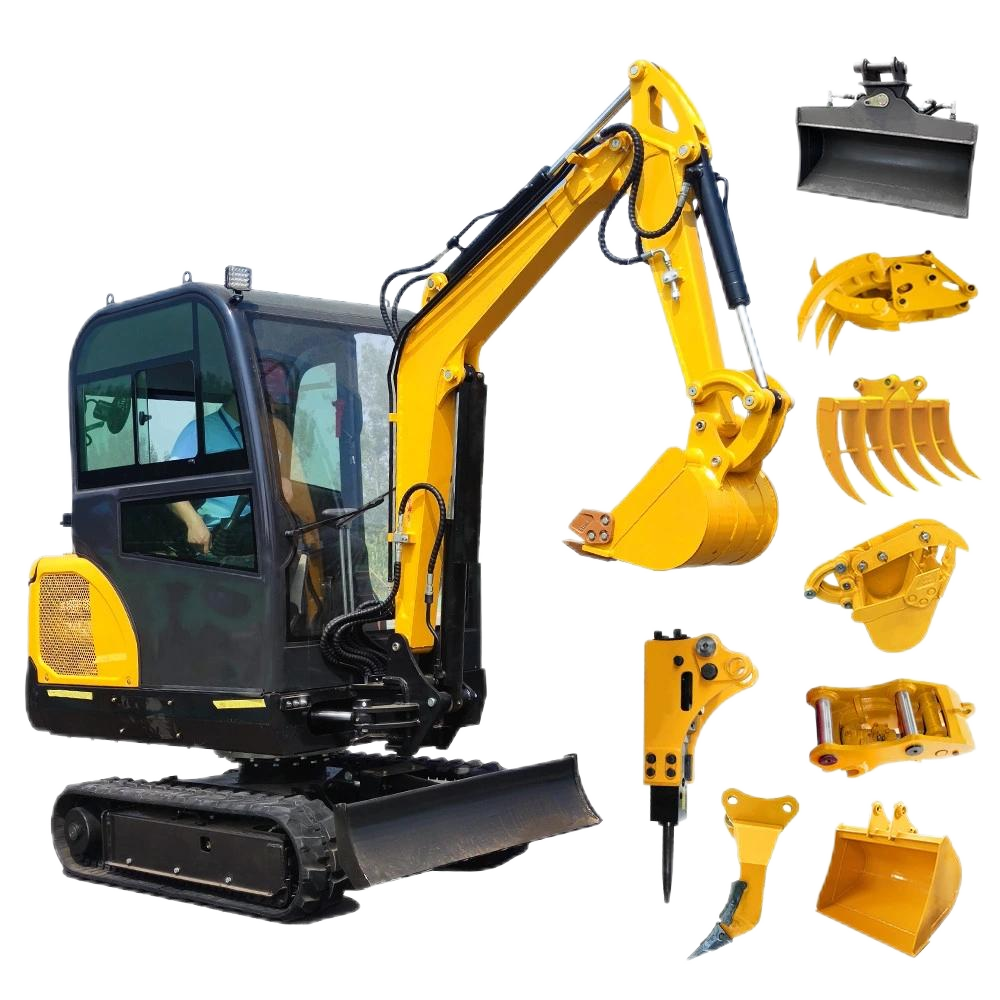
Determine the Requirements and Budget
- Clarify the Operational Requirements: Consider the main working scenarios and task types. If the work is carried out in a confined space, such as indoor demolition or small-scale municipal projects, special attention should be paid to the size and flexibility of the excavator. If it is used for earthwork excavation, certain requirements are imposed on the bucket capacity and digging force of the excavator. If the work involves tasks like rock breaking, it is necessary to consider whether the excavator can be adapted to a breaker and the performance of the relevant hydraulic system.
- Set the Budget: Include the funds for purchasing the excavator, as well as subsequent expenses such as transportation, insurance, maintenance, etc. The price of a new excavator is usually around 200,000 to 600,000 yuan, and the specific price varies depending on the brand and configuration. The price of a used excavator varies according to factors such as the service life, working conditions, and brand of the equipment, generally ranging from tens of thousands of yuan to more than 100,000 yuan.
Select the Model
- Specific Model: The 6-ton excavator models of different brands have their own characteristics in terms of performance and configuration. It is necessary to compare the parameters and features of each model according to your own needs and select the most suitable excavator.
Choose the Purchase Channel
- Dealers: You can choose to purchase from authorized dealers of the manufacturer. They can provide formal products, complete after-sales services, and professional technical support. When making a purchase, check the authorization qualification of the dealer to ensure that you buy a genuine excavator.
- Second-hand Market: If the budget is limited, buying a used excavator is also an option. You can purchase through professional second-hand equipment trading platforms, such as Tieji Second-hand Machines, Yiwa Wang, etc., or participate in second-hand equipment auctions. When buying a used excavator, carefully check the appearance of the equipment and whether there is any damage to the structural parts, the performance of key components such as the engine and hydraulic system, and check the usage records and maintenance records of the equipment. If necessary, you can hire professional evaluators for assessment.
- Online Platforms: Some e-commerce platforms also provide excavator sales services. When making a purchase, pay attention to checking the credibility of the merchant, product reviews, and other information, and understand the after-sales service policies of the platform.
Negotiation and Contract Signing
- Price Negotiation: Negotiate the price with the seller and find out if there are any preferential activities, gifts, etc. In addition to the price of the excavator itself, also inquire whether transportation costs, insurance costs, etc. are included in the total price, and strive for the most favorable price and terms.
- Contract Signing: After determining the purchase intention, sign a detailed purchase contract. The contract should specify the product model, specifications, price, payment method, delivery time, after-sales service terms, etc., to ensure the protection of the rights and interests of both parties. For imported excavators, also pay attention to the provisions regarding customs declaration, customs clearance, and other related clauses in the contract.
Inspection and After-sales Service
- Inspection: After the excavator arrives, conduct the inspection according to the standards stipulated in the contract. Check whether the appearance of the excavator is damaged and whether the parts are complete. Start the excavator and test whether the engine, hydraulic system, traveling system, working device, etc. are operating normally and whether all performance indicators meet the requirements. At the same time, request relevant materials such as the product certificate, operation manual, and warranty card from the seller.
- After-sales Service: Understand the after-sales service content provided by the seller or the manufacturer, including the warranty period, warranty scope, repair response time, etc. Choosing a seller or brand with good after-sales service can ensure that problems encountered during the use of the excavator can be solved in a timely manner, reducing equipment downtime and minimizing losses. In addition, also learn about the supply situation and prices of vulnerable parts for subsequent maintenance.





